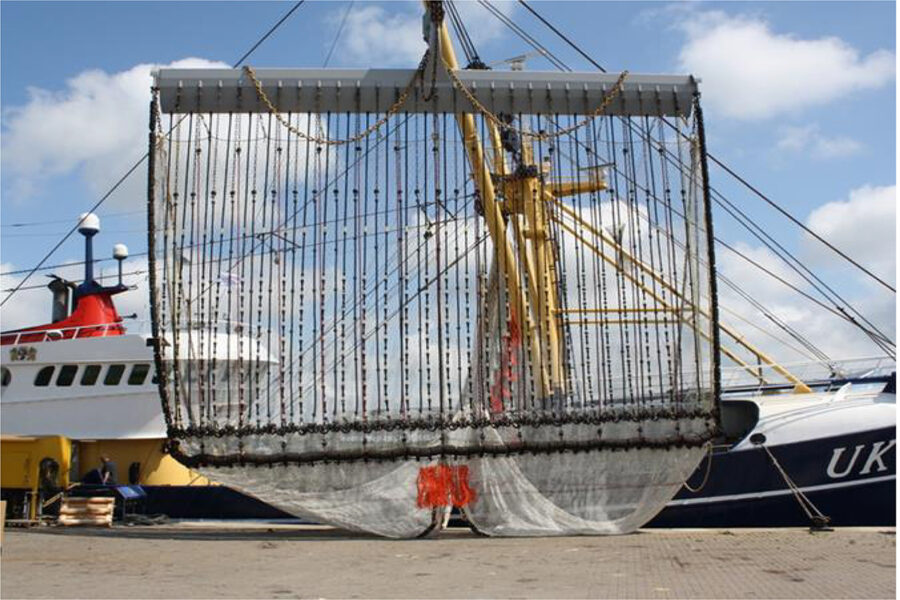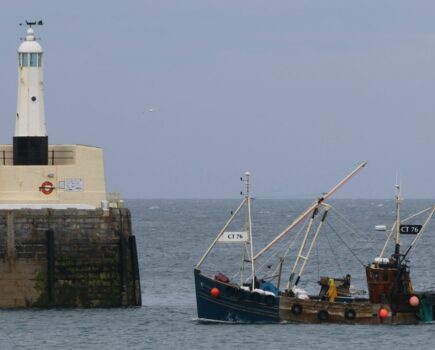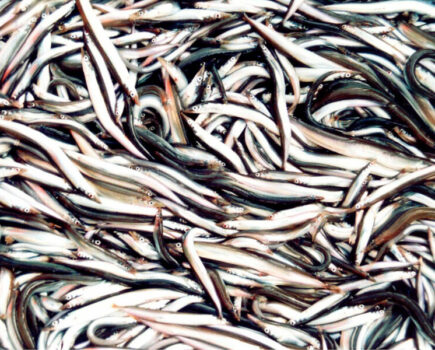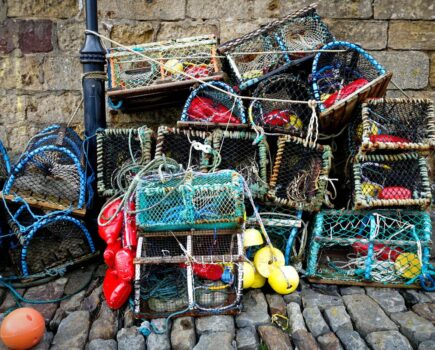Anti-pulse alliance questions legality of subsidies
An international alliance that is fighting for an EU ban on electric pulse beaming has filed a formal request to the European Anti-Fraud Office (OLAF) to investigate whether fraud has occurred in relation to the Dutch electric trawl fishery, reports Tim Oliver
Twenty-three environmental NGOs and fishermen’s organisations, from the UK, France, Germany and the Netherlands, say there is evidence that Dutch pulse beam trawlers and research institutes were granted substantial amounts of undue public subsidies.
They question the legality of the financial transfers on three counts:
● Electric fishing was expanded under the guise of ‘scientific research’, but no specific research has been thoroughly conducted.
● The EU regulations under which public subsidies were allocated explicitly state that the granting of public monies should not lead to an increase in fishing effort, which electric fishing does.
● EU laws demand that, if commercial fishing activities occur during the conduct of scientific research, the value of the catch be paid back to public authorities to avoid scientific research being used to generate undue profits.
VisNed, the organisation representing the Dutch beam trawling sector, strongly rejected the fraud claims. They said all subsidies paid were fully transparent and there was ‘no or very thin evidence’ to support the claim (see below).
The Bloom-led anti-pulse campaign group says a derogation from an overall EU ban on electric fishing, granted in 2006 to allow electric beaming, went against explicit scientific advice given to the Commission and ‘solely benefited the nearly-bankrupt Dutch beam trawl sector’.
Electric fishing has since ‘been developed to commercial scale in the Netherlands, in apparent conflict with the regulatory framework’.
In 2007 the Dutch obtained 22 licences to conduct electric fishing. This was already in breach of the legal threshold allowing a maximum 5% of licences relative to national beam trawl fleets. A further 62 derogations were obtained by the Dutch in 2010 and 2014 in order to conduct ‘scientific research’ and ‘scientific pilot projects’ respectively.
But Dutch media (Nederlandse Omroep Stichting) has recently revealed that ‘the Dutch industry and public authorities publicly admitted that no specific research had been done and that science was a mere excuse to cover commercial activities’, claims the anti-pulse alliance, which is spearheaded by the Paris-based Bloom group.
“We ask OLAF to swiftly investigate the legality of these decisions given the current political context of EU negotiations, which are in the process of deciding whether electric fishing will be banned, as per the European Parliament’s position voted on 16 January, 2018.”
The group also claims that EU regulations on public funding of fishing do not allow funding for any developments that increase a vessel’s fishing capacity or fishing effort. But they say it is ‘widely acknowledged in the scientific literature that electric fishing is more efficient at catching the targeted species’. Therefore, Dutch vessels were ‘clearly not eligible for EU structural funds’.
‘Not transparent’
How much money should be repaid cannot be established ‘for now’ because the Dutch government breached transparency obligations in making some payments.
The group points out that EU subsidies are administered by national administrations and that the Dutch fishing industry and administration are supposed to know the law. The Commission states that ‘national authorities must ensure [that regulations] are correctly applied’ and that they therefore may have circumvented EU rules against the general interest and have discriminated against other stakeholders, particularly small-scale and coastal fishers.
The group says that if the anti-fraud office confirms that the Dutch pulse beamers did wrongly receive funds granted for ‘so-called scientific trials’, they will have to pay back the value of the fish caught under the subsidy scheme.
It is spelled out in the regulations that pilot projects must not be commercial and that any profits generated during pilot projects must be deducted from the public aid granted to the project.
“This mechanism is clearly meant to avoid personal enrichment using taxpayers’ money,” says the group.
They say coastal fishermen around the North Sea are strongly opposed to electric fishing because it is so efficient that it is ‘leading to the rapid depletion of marine ecosystems and the demise of traditional fishing activities’ and causing ‘dire socio-economic consequences for fishing communities’.
It says the ‘unlawful grants’ given to a specific industry sector and ‘the distribution of funds for scientific activities which were not carried out’ require ‘a swift and thorough investigation by the European anti-fraud office’.
“The case brought to the attention of OLAF raises questions about the proper conduct of activities with implications for the EU budget. EU taxpayers should not be forced to contribute to the destruction of the ocean and jobs,” says the anti-pulse beaming alliance.
It calls on EU decision-makers to ‘follow the EU Parliament’s position without further delay and to adopt a full and definitive ban on an ecologically and socially destructive fishing method’.
‘No evidence to back claims’
VisNed, representing the Dutch pulse fishery, said it did not recognise the accusations, and use of the word ‘fraud’ was ‘totally inappropriate’.
Chief executive Pim Visser said the Dutch government had published the full list of EFF support which can be seen at: bit.ly/2MbTLFU (in Dutch, but the page will translate).
He told Fishing News: “On that list, anybody can read who got how much money for what reason/what project. The outcome and the finances of these projects were checked by the Dutch Agri Inspectorate, the Dutch governmental audit services and – a large sample – by the EU Commission audit services. The amounts mentioned are after correction by auditors.
“The control and enforcement dossier of pulse vessels is now fully in order and accepted as a so-called ‘NEN standard’, which includes a full revision in a public stakeholder process. Every vessel has its own technical file, and is equipped with a data logger.”
He said the multi-annual scientific research programme is carried out under the scrutiny of the independent science advisory body (Michel Kaiser, Dave Reid, Christian Zimmermann and Alyne Delaney), as well as ICES. The usage of exemptions was regularly monitored by the control department of the European Commission.
“Plaintiffs are using harsh and heavy wording with no or very thin supporting evidence. We are confident the above information will be taken into consideration when OLAF scrutinises the evidence supporting the ‘fraud’ complaint and will decide whether to start an enquiry or not.”








